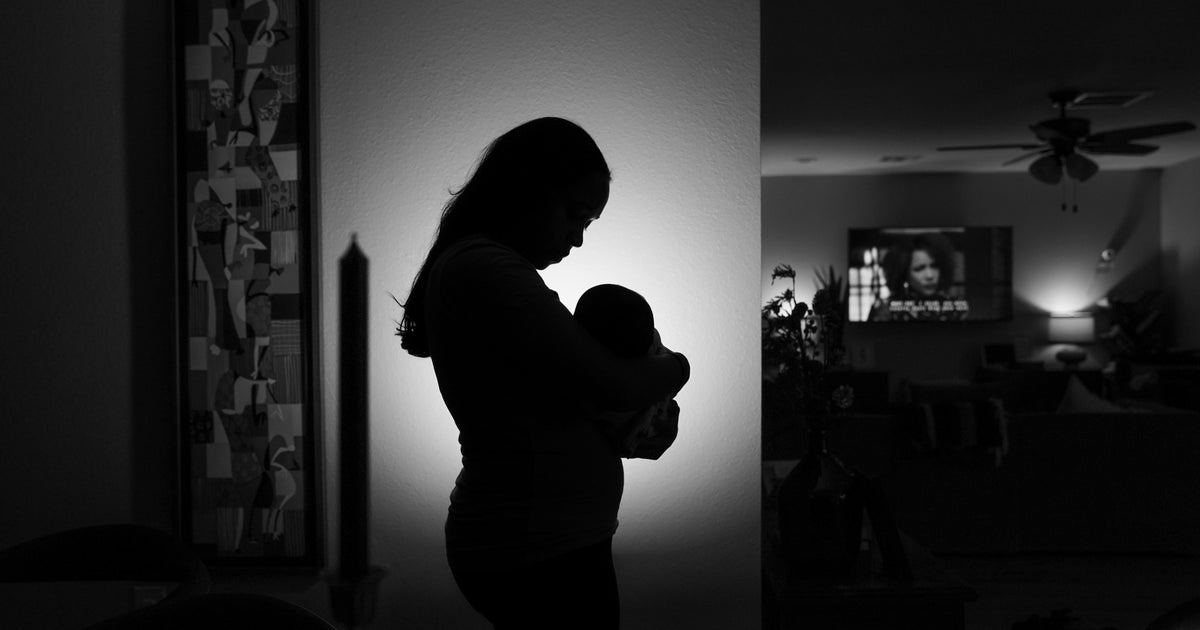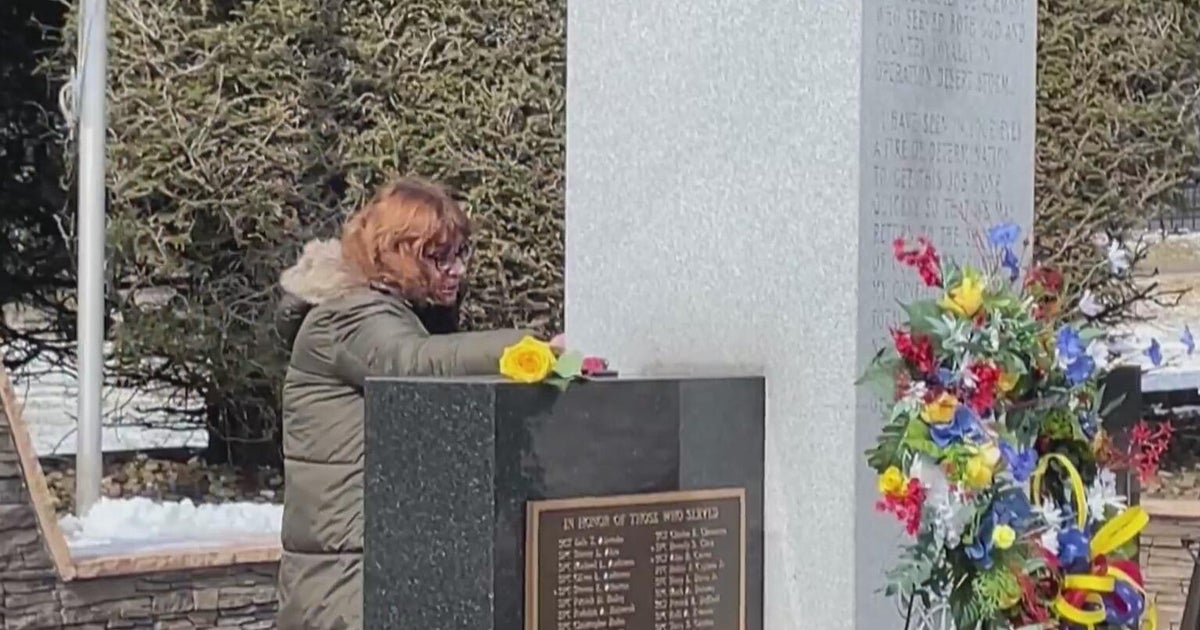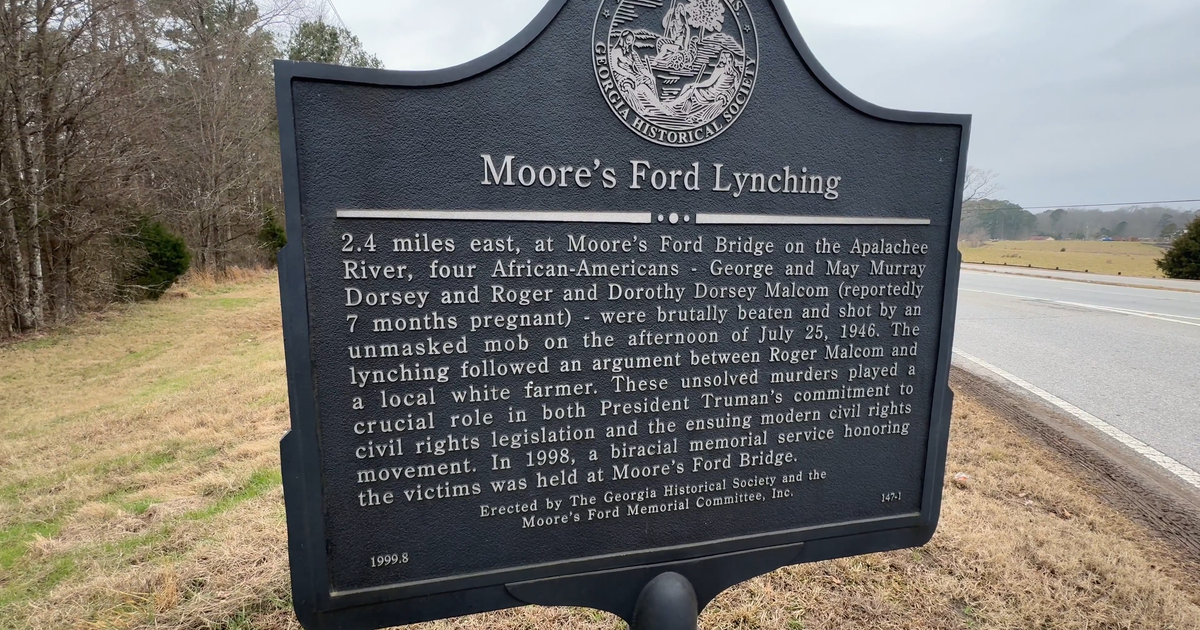Website Chronicles Lives Of Blacks In Civil War
NICHOLAS C. STERN
The Frederick News-Post
FREDERICK, Md. (AP) -- In May 1862, Robert Ford was captured by Confederate soldiers and sent to the officers' jail in Richmond, Va., known as Libby Prison.
A black resident of Frederick in his early 30s, Ford had been working as a teamster for the Union Army's quartermaster.
Ford became a stableman for the prison's second-in-command and was given more freedom than other prisoners to move about the prison.
He became a critical informant for Union loyalists who were operating in Richmond to aid Union prisoners at Libby. He was instrumental in planning the escape of 109 prisoners, more than half of whom were able to flee across Union lines.
Ford stayed behind and was nearly beaten to death as punishment. He eventually escaped to Washington and secured a job at the Treasury Department, where he worked until he died in 1868. His death was in part due to injuries he suffered in the beating.
Congress passed a bill in 1868 to pay Ford $814 for his services as a teamster, and an Indiana congressman wrote a tribute to his heroism in the Libby jail break.
Robert Ford is one of more than 400 African-Americans, either born in or at some point residents of Frederick County, who are listed on a new Civil War website, the brainchild of historian Dean Herrin and his colleague, Barbara Powell.
Ford's saga is one of Herrin's favorites.
"It's an inspiring story," he said.
When Herrin and Powell set out about six years ago to chronicle how the Civil War played out in western Maryland, they wanted to go beyond the well-worn accounts of battles and military history.
Herrin was interested in the issues that led to and followed the broader conflict -- including the impact on African-Americans.
Fortunately, he said, those issues were played out in microcosm inside the homes, on the streets and across the battlefields of the region that includes Frederick County.
The fruits of Herrin and Powell's efforts led to www.crossroadsofwar.org, launched this month.
The two are co-coordinators at the Catoctin Center for Regional Studies, a collaborative project of the National Park Service and Frederick Community College. A couple dozen FCC students also put in countless hours on the project, Herrin said.
The grant-funded site has information about important battles, including animated, interactive maps that highlight the progression of events at Antietam, Gettysburg and Monocacy.
But issues related to slavery, civil liberties and how the war affected women, children and African-Americans are also given their due, Herrin said.
The site contains three databases and a trove of primary documents, including scans of more than 7,000 articles from area newspapers about the Civil War, many containing images from the articles, he said.
The searchable database with information on some 5,000 Civil War soldiers from the area includes 410 African-Americans with ties to Frederick County -- the largest such collection of which Herrin is aware.
Frederick Fowler was a resident of New Market who escaped slavery in 1858 and enlisted in the Union Army in Hartford, Conn., in 1863. After the war, he took a job in Washington.
The simple details of his service and brief sketch of his life are enough to show that African-Americans were actively involved in winning their freedom from slavery, the principal cause of the war, Herrin said.
"African-Americans dealt with the war as every other group did," he said.
Some joined the fight against the South, some hunkered down and tried to avoid capture, and others fled the area, he said.
"I think a lot of people don't know these stories," Herrin said.
FCC history and political science professor Michael Powell said the website's examination of physical, social and cultural borders represents the best of what new military history has to offer.
"This project is so unique in examining the borders through various lenses," Powell said. "I think it's also unique because it does include African-American soldiers. Their lives are not neglected or pushed off to the side as an afterthought. They're an integral component of the website."
Herrin hopes the website will be useful to students from primary school to college, he said, as well as for scholars interested in primary documents.
He is also trying to get people to visit local historic sites -- at least 200 are mentioned on the website -- including some of the chapels and graveyards important to African-American history.
The project is ongoing, and Herrin is constantly on the lookout for more stories, photographs, and other historical artifacts or evidence from the Civil War era that local families may have hidden away.
Jenna Gianni has worked on the website since 2006 as an assistant researcher at the Catoctin Center. She is impressed by the stories of local African-Americans during the Civil War.
"There are lots of heroes through this," she said, "and just as important as other civil rights leaders."
Information from: The Frederick (Md.) News-Post, http://www.fredericknewspost.com
(Copyright 2013 by The Associated Press. All Rights Reserved.)







